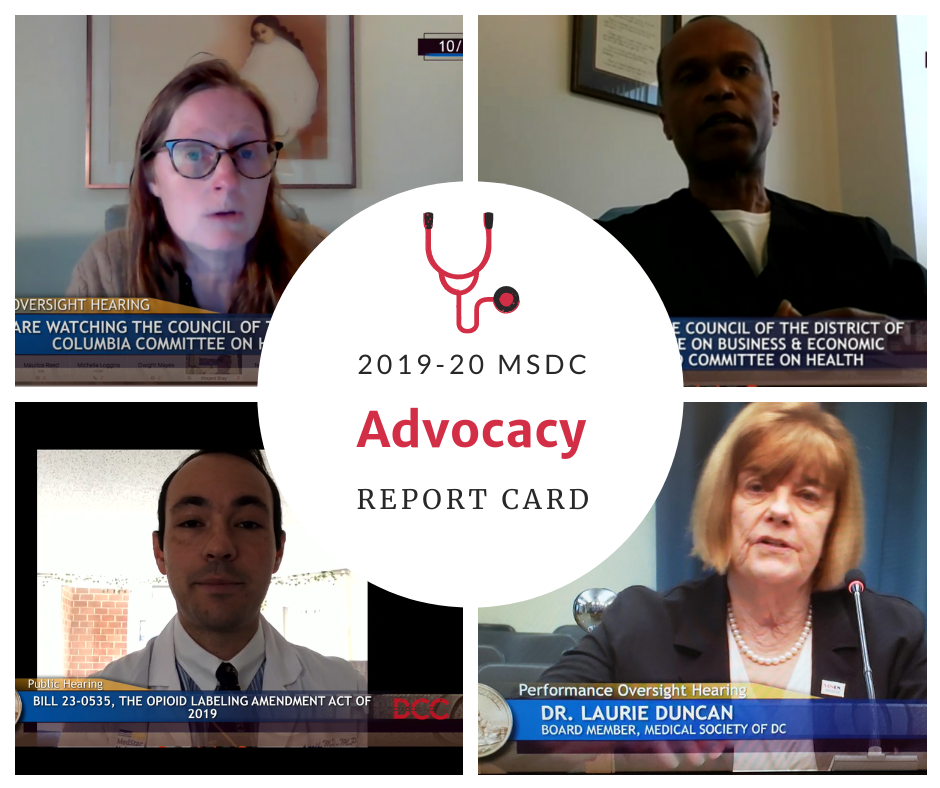Health Equity
Medicaid Enrollment Touches 39% of the Residents of The District of Columbia; DC’s 70/30 FMAP is Vital for the Maintenance of Health & Human Services
A reduction in the District’s FMAP would not lead to long-term government savings and would have a ripple effect throughout the entire health system in the DMV, crippling access to care for not only Medicaid beneficiaries but also all those who live, work, and visit the District of Columbia, including members of Congress and their staffs.
.png?sfvrsn=9ac2d21b_0)
Why does DC receive an Enhanced FMAP Rate?
The DC FMAP rate of 70% established by the Revitalization Act resulted from bipartisan analysis, discussion, and negotiation by Congressional leadership aiming to balance fairness with the District’s restricted ability to generate revenue. Congress recognized that the District of Columbia faces unique financial challenges due to its non-state status and the significant amount of federally-owned land within its boundaries. The District is unable to tax non-residents’ earnings, so these workers pay no taxes to support the infrastructure and services, such as roads, public safety and emergency services that they benefit from in the District. The District is also unable to tax up to 40% of the real property within its borders due to statutory restrictions.
Why are we concerned about DC's FMAP now?
Members of Congress have proposed reducing the DC FMAP to the statutory minimum for all other states, which is currently 50% (but could be reduced even more). Such a change would impact every physician and every practice, regardless of type, location, and payers contracted. Even practices who take no insurance will not be able to send patients for specialist care, hospital admissions, or other types of care.
What can MSDC members do?
- If you know a member of Congress or staffer, reach out to them and share how DC cuts will hurt your patients.
- Share your relationships and outreach with hay@msdc.org so we can help coordinate advocacy efforts.
- Email hay@msdc.org if you would like to be paired with a physician member of Congress office and trained by MSDC staff on how to reach out.
Resources
- DC FMAP cut fact sheet
- California Medical Association fact sheet on Medicaid cuts
- MSDC and healthcare association letter to Congress arguing against DC FMAP changes.
- MSDC original story on Medicaid changes.
News, Statements, and Testimony on Health Equity Issues
MSDC Announces 23rd Council Period Report Card

As MSDC prepares for 2021 and a new Council period, the Society is pleased to share a "report card" on its advocacy activities for the 23rd District Council period (2019-2020).
The two-year period that just ended saw a surge of physician advocacy on important medical issues. COVID-related advocacy dominated the second half of the session, but numerous issues saw physicians testifying and MSDC staff working with lawmakers to protect practices and patients. The past Council session also saw MSDC's new issue priority ranking, policy agenda, and advocacy website.
In addition to encouraging physicians to testify directly to lawmakers, MSDC partnered with other healthcare associations and entities to pass legislation to make the District the best place to practice medicine.
You can see a brief summary of the advocacy report card here and the full report card here, but some areas of success of the physician community include:
- Permitting reimbursement for audio-only telemedicine
- Allowing for patients to receive FDA approved biosimilar drugs
- Prohibiting retribution from employers for physicians practicing reproductive health medicine
- Expanding insurance coverage requirements for newborns, parents, and pregnant women
- Limiting out-of-pocket costs of insulin for patients
- Defeating three different content-specific CME requirements
In addition to working on issue-specific legislation, MSDC members and leaders testified on the following issues:
- Protecting independent practices in underserved medical areas
- Providing support for independent physician practices during COVID-19
- Promoting physician wellbeing and addiction programs, and not unduly punishing physicians suffering from burnout or addiction
In 2021, MSDC will unveil an expanded, engaging advocacy program that will assist physicians in advocating on issues important to them, as well as equipping them to speak out on these issues. Keep an eye on our website for more information.

Leave a comment